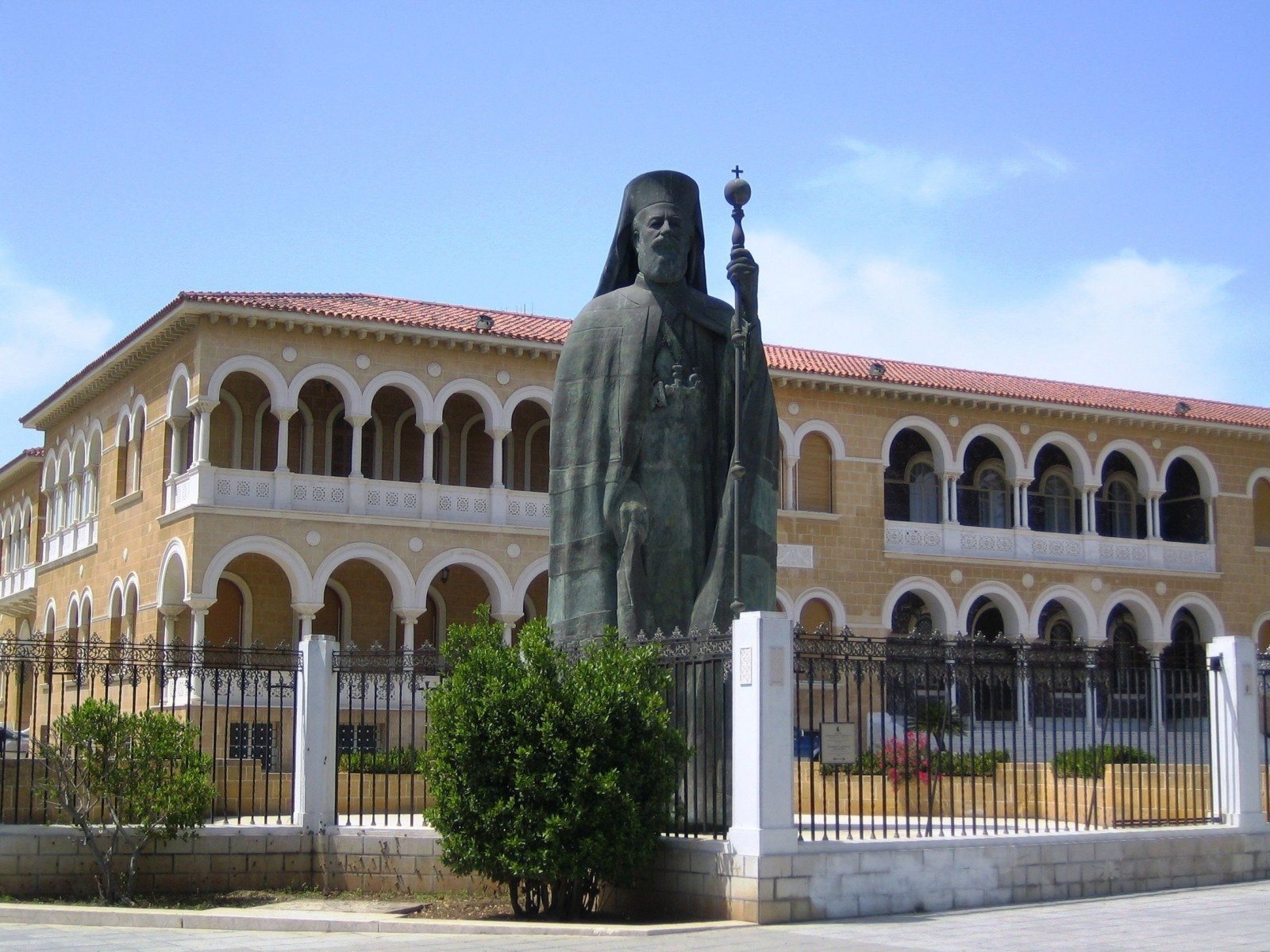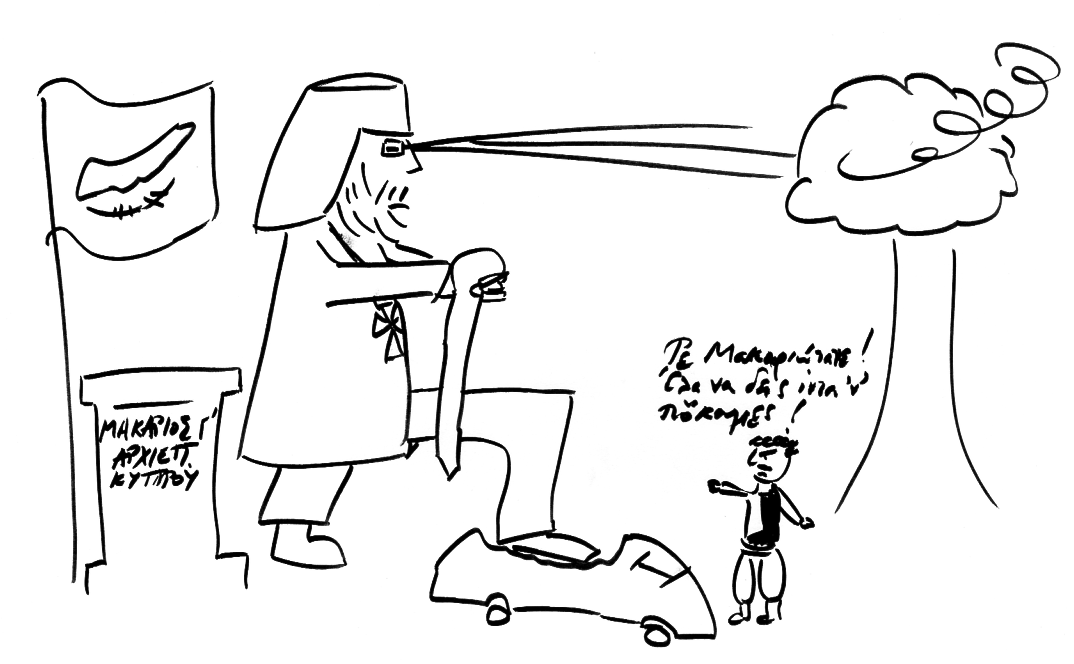First, as my friend Sam Murray puts it (God, I’m sounding like Michael Masiello now), it was ever thus, and only attitudes to cheating have changed, by both place and time.
Never mind the Ancient Greeks and Paris shtupping Helen (which was much more about Bronze Age views of host–guest relations than either Menelaus or Paris particularly caring what Helen thought). In Modern Greece, there’s a huge backlog of pop songs about “illicit love”. That ain’t jailbait or gay sex they’re talking about. That’s adultery.
Is adultery out of control in Greece? If so, was it any less out of control in the ’70s, when adultery was a crime, and illicit couples would be nabbed by the husband, and frogmarched to the police station, wrapped in a bedsheet?
Was it any less out of control in the 19th century, when they came up with the couplet:
Όταν θα μάθει ο κερατάς την τέχνη του κεράτου
μέλι και γάλα γίνεται με τη νοικοκυρά του
When a cuckold learns the art of being cuckolded,
he becomes all honey and sweetness with his lady.
Was it any less out of control in the Middle Ages, when one of the first vernacular Greek expressions explicated by the scholar Michael Psellos was keratas “horned man = cuckold”?
Cheating is part of the wiring of humanity. In the good old patriarchal days, a hell of a lot of social structures were set up to prevent it, because women were their fathers’ or husbands’ property. (Again, it’s not clear women had much of a say in any of it.)
(The notion dies hard. This year it came out that a sports show host in Australia was having sex with his co-host’s wife. The public was somewhat perplexed with the host’s grief, given that they’d already divorced. But hey, it’s well within the bounds of post-divorce trauma, go easy. Rather less sympathised with was how the host put it: “It’s just wrong, mate — you don’t touch a man’s wallet, you don’t touch his wife.” Billy, your wife is nothing like your wallet.)
There’s more opportunity for cheating now than in 1000 BC, and more visibility of it, because those social structures have indeed been worn down, and because the sexual revolution has happened. People are much more free to pursue what they want to do with sex, and can get away with much fewer biological consequences.
But you know what? We’ve done away with the leaden hand of legalised patriarchy, and obligate pregnancy, and globally enforced monogamy. But we haven’t done away with notions of commitment and moral reciprocity. In fact, they’re reinforced, if anything, because we now choose to work out what the right thing is to do, and we choose to stick with it.
One of the cool things about the poly folk here, like Franklin Veaux or Claire J. Vannette, is that they say, eloquently and vividly: I choose to be poly. You can choose to be mono. And if you commit to being mono, then I will respect your commitment—and I will call you out for breaking that commitment, and thereby hurting the person you’ve made a commitment to.
Not because they want to safeguard the community store of virtue. But because they genuinely get morality. Would that more people did.


